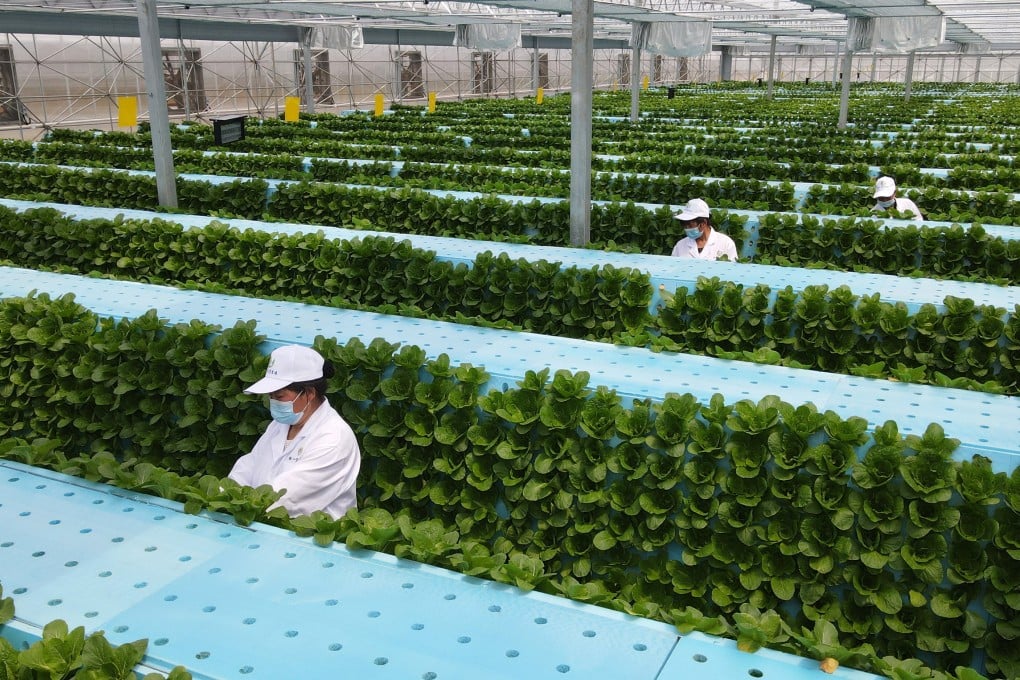China’s record farm yields see fertiliser on its way out as advanced tech is in
Modernisation efforts come as food-security stability grows more critical in China’s agrarian undertakings

As China ploughs toward its agricultural-modernisation targets for 2025, a former backbone of its agrarian ecosystem – fertiliser – is gradually being supplanted as the country reimagines how it grows food.
Smarter, more maintainable methods of farming are being relied on to drive yields to record highs while ensuring soil sustainability for future generations.
Fertiliser usage in China has seen eight consecutive years of declines, since 2015, according to the National Bureau of Statistics. Yet, the nation’s agricultural production has maintained stable growth, year after year, with grain output reaching a record high of 706.5 billion tonnes in 2024 – a 1.6 per cent increase from 2023, according to NBS data released on Friday.
Experts attribute this ongoing growth, in part, to more precise fertiliser applications that deliver only necessary nutrients to the soil. Additionally, advancements in seed quality, farmland conditions and machinery have all played a crucial role in maintaining stable food output.
“The steady increase in grain output is the result of various technological advancements in agriculture,” said Li Guoxiang, a researcher at the Rural Development Institute under the Chinese Academy of Social Sciences (CASS). “It’s not something that can be achieved by one factor alone.”
Amid mounting challenges such as climate change, geopolitical tensions, and the need to feed nearly 18 per cent of the global population with a mere 9 per cent of the world’s arable land, China has strived to secure food security while ensuring sustainable farming practices.
